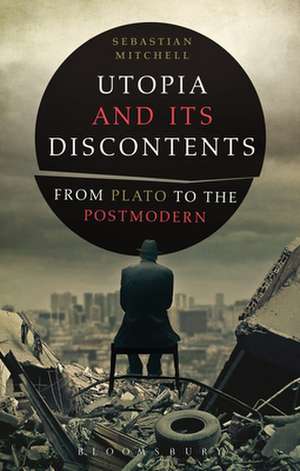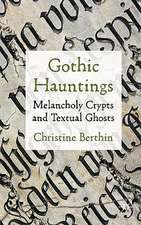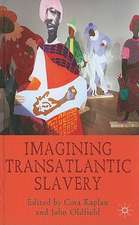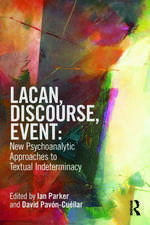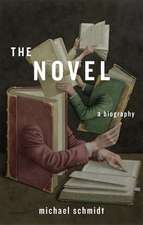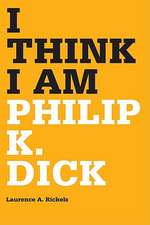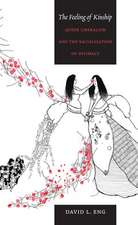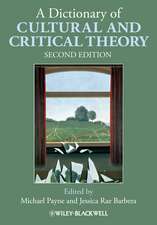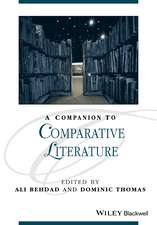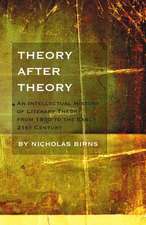Utopia and Its Discontents: Plato to Atwood
Autor Dr Sebastian Mitchellen Limba Engleză Paperback – 23 mar 2022
| Toate formatele și edițiile | Preț | Express |
|---|---|---|
| Paperback (1) | 198.47 lei 6-8 săpt. | |
| Bloomsbury Publishing – 23 mar 2022 | 198.47 lei 6-8 săpt. | |
| Hardback (1) | 598.92 lei 6-8 săpt. | |
| Bloomsbury Publishing – 19 feb 2020 | 598.92 lei 6-8 săpt. |
Preț: 198.47 lei
Preț vechi: 258.25 lei
-23% Nou
Puncte Express: 298
Preț estimativ în valută:
37.98€ • 39.75$ • 31.61£
37.98€ • 39.75$ • 31.61£
Carte tipărită la comandă
Livrare economică 31 martie-14 aprilie
Preluare comenzi: 021 569.72.76
Specificații
ISBN-13: 9781441109637
ISBN-10: 1441109633
Pagini: 266
Ilustrații: 2 bw illus
Dimensiuni: 156 x 234 x 19 mm
Greutate: 0.38 kg
Ediția:annotated ed.
Editura: Bloomsbury Publishing
Colecția Bloomsbury Academic
Locul publicării:London, United Kingdom
ISBN-10: 1441109633
Pagini: 266
Ilustrații: 2 bw illus
Dimensiuni: 156 x 234 x 19 mm
Greutate: 0.38 kg
Ediția:annotated ed.
Editura: Bloomsbury Publishing
Colecția Bloomsbury Academic
Locul publicării:London, United Kingdom
Caracteristici
Surveys literary representations of utopia from Plato's Republic through to Ridley Scott's Blade Runner.
Notă biografică
Sebastian Mitchell is Senior Lecturer in English Literature at University of Birmingham, UK. His publications include Visions of Britain, 1730-1830: Anglo-Scottish Writing and Representation (2013).
Cuprins
Introduction1. The Republic2. Utopia and Meta-Utopia3. Happiness and Optimism4. Back to the Future5. English Triptych6. Ecology and Feminism in the 1970s7. New Millennium8. Utopian CinemaConclusionChapter-by-chapter guide to key works and further readingBibliographyIndex
Recenzii
Sharp, committed, and compelling ... a welcome addition to the syllabus of a course on utopian fiction.
[A] rich and engaging study of utopian literature which brings the texts into dialogue with one another in new and productive ways. Utopia and Its Discontents will be essential and rewarding reading not only for scholars and students of utopian literature, but for any reader looking towards utopia, in all its many manifestations, in a dystopian age.
This is a readable but penetrating survey of the main trends in utopian literature from the ancients to the present. Mitchell engages enthusiastically with both the key utopian literary writers and the more intractable and ambiguous contributors to the tradition - the "discontents", some satirists, like Swift, some dystopians. Many of these are conceived as engaging with Plato above all; the tradition itself is glued together by Platonism. Mitchell writes with sympathy as well as authority about its leading authors. The main literary thinkers are all assessed, and there are some unusual but welcome guest appearances in the cast of characters too, notably by Thomas Carlyle, whose Past and Present has remained a long-neglected contribution to utopian ideas. Mitchell controversially suggests that a close proximity exists between utopian and dystopian modes of thought, but modern readers have increasingly warmed to this once-provocative notion. Yet to Mitchell the literary concept still has life and an enchantment about it which still enjoins new generations of readers to reconsider its implications. This is a thoughtful and welcome addition to utopian scholarship.
Utopia and its Discontents is a thoughtful and lucid trans-historical study of literary utopianism from Plato to Margaret Atwood. It successfully explores the formal and generic aesthetics of literary utopias in a variety of case studies of prominent writers. The author reminds us that despite the dystopian turn of the twentieth and twenty-first century, the literary utopian 'expressiveness' is still going strong, if in varied and complex new forms.
From Plato's Republic to Margaret Atwood's MaddAddam trilogy, literary and philosophical visions of the good society have wrestled with the relationship between utopian dream and authoritarian control. Dystopian narratives might be popular right now but, as Mitchell insists in Utopia and Its Discontents, utopia is far from an abandoned mode of literary representation - indeed, it remains a vital imaginative resource in the 21st century.
[A] rich and engaging study of utopian literature which brings the texts into dialogue with one another in new and productive ways. Utopia and Its Discontents will be essential and rewarding reading not only for scholars and students of utopian literature, but for any reader looking towards utopia, in all its many manifestations, in a dystopian age.
This is a readable but penetrating survey of the main trends in utopian literature from the ancients to the present. Mitchell engages enthusiastically with both the key utopian literary writers and the more intractable and ambiguous contributors to the tradition - the "discontents", some satirists, like Swift, some dystopians. Many of these are conceived as engaging with Plato above all; the tradition itself is glued together by Platonism. Mitchell writes with sympathy as well as authority about its leading authors. The main literary thinkers are all assessed, and there are some unusual but welcome guest appearances in the cast of characters too, notably by Thomas Carlyle, whose Past and Present has remained a long-neglected contribution to utopian ideas. Mitchell controversially suggests that a close proximity exists between utopian and dystopian modes of thought, but modern readers have increasingly warmed to this once-provocative notion. Yet to Mitchell the literary concept still has life and an enchantment about it which still enjoins new generations of readers to reconsider its implications. This is a thoughtful and welcome addition to utopian scholarship.
Utopia and its Discontents is a thoughtful and lucid trans-historical study of literary utopianism from Plato to Margaret Atwood. It successfully explores the formal and generic aesthetics of literary utopias in a variety of case studies of prominent writers. The author reminds us that despite the dystopian turn of the twentieth and twenty-first century, the literary utopian 'expressiveness' is still going strong, if in varied and complex new forms.
From Plato's Republic to Margaret Atwood's MaddAddam trilogy, literary and philosophical visions of the good society have wrestled with the relationship between utopian dream and authoritarian control. Dystopian narratives might be popular right now but, as Mitchell insists in Utopia and Its Discontents, utopia is far from an abandoned mode of literary representation - indeed, it remains a vital imaginative resource in the 21st century.
